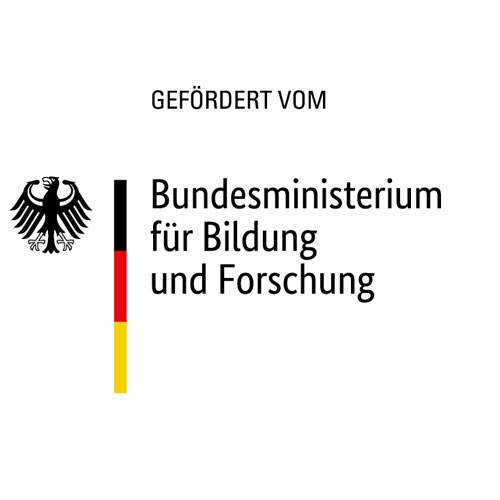High Resolution Drug Screening - HRDS

Cooperation partners: Abberior GmbH, Lead Discovery Center GmbH, Max Planck Institute for Medical Research.
Previous screening methods for the characterisation of new pharmacological agents are capable of testing thousands of substances for their efficacy in a relatively short time. However, they often only show whether an active substance interacts with a cell or not. The actual mechanism of action remains hidden and is only revealed by looking through a microscope. However, the microscopy methods available so far are very slow or do not achieve the resolution required to resolve the smallest beta particles, for example receptors in the plasma membrane of the cell.
The High Resolution Drug Screening (HRDS) project, funded by the Federal Ministry of Education and Research (BMBF), has set itself the task of developing a new method based on ultra-high resolution microscopy for the characterisation of active substances for drugs. To achieve this, the research team led by Göttingen scientist and Nobel laureate Professor Stefan Hell (Director at the Max Planck Institute (MPI) for Multidisciplinary Natural Sciences in Göttingen and at the Max Planck Institute for Medical Research in Heidelberg) together with Dr. Gerald Donnert (Abberior GmbH, Göttingen) and Dr Bert Klebl (Lead Discovery Center GmbH, Dortmund) as well as Professor Stefan Jakobs (Fraunhofer Institute for Translational Medicine and Pharmacology ITMP, Göttingen) a combination of automated ultrahigh-resolution STED microscopy with subsequent machine learning-supported data evaluation.
The project will be funded with 11.7 million euros over the next three years as part of the BMBF funding guideline "KMU-innovativ: Photonik und Quantentechnologien".
 Fraunhofer Institute for Translational Medicine and Pharmacology ITMP
Fraunhofer Institute for Translational Medicine and Pharmacology ITMP 